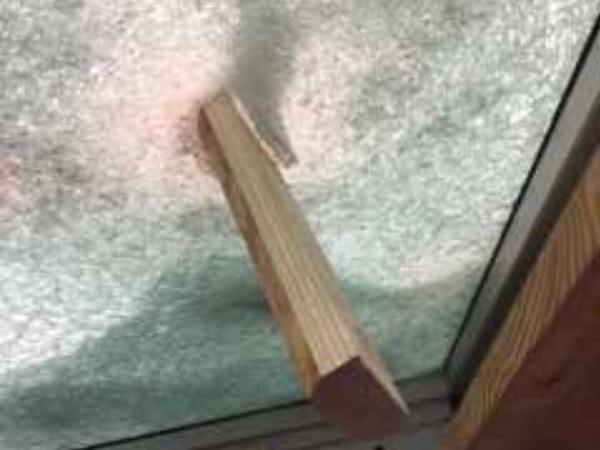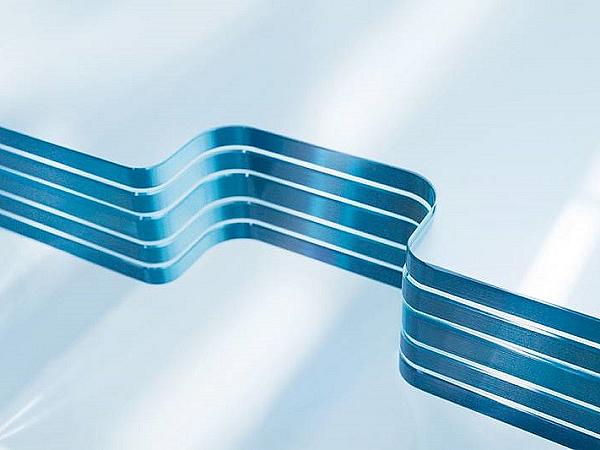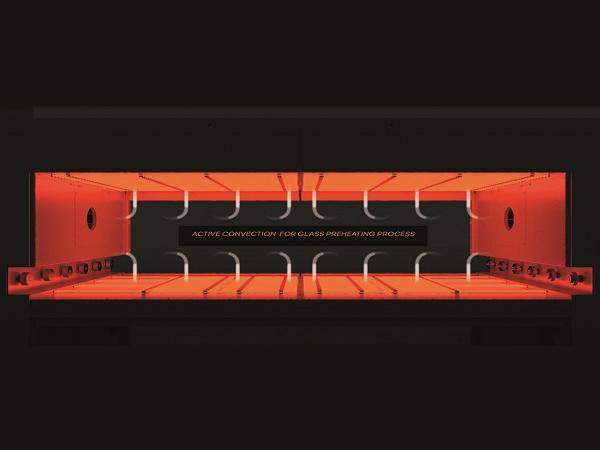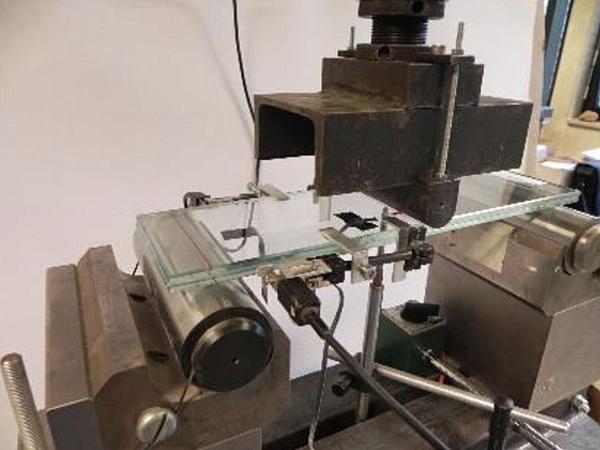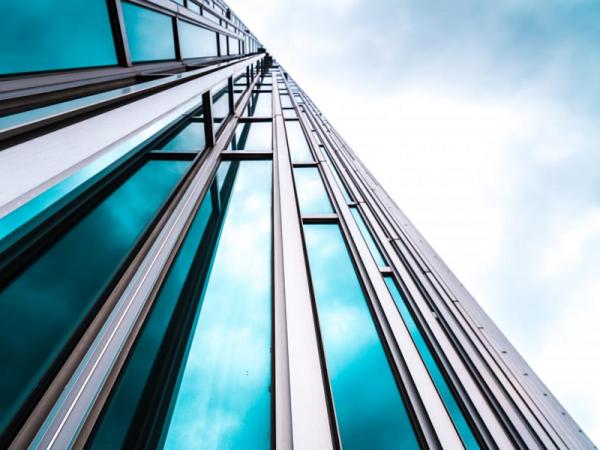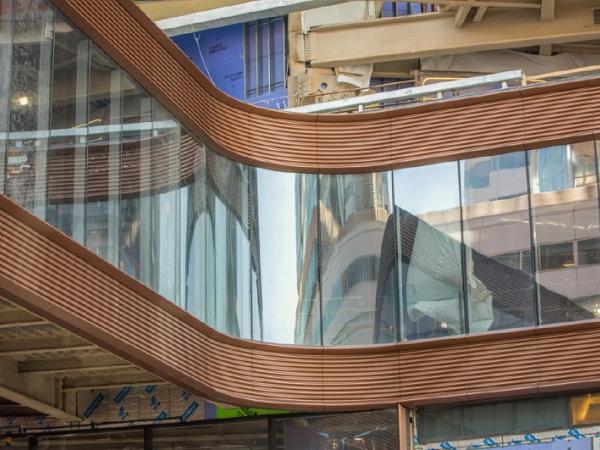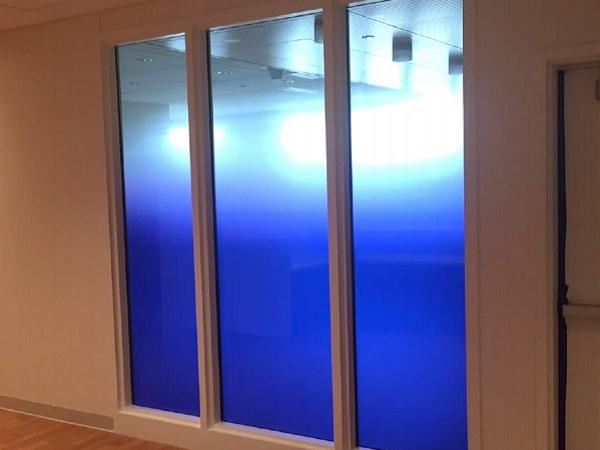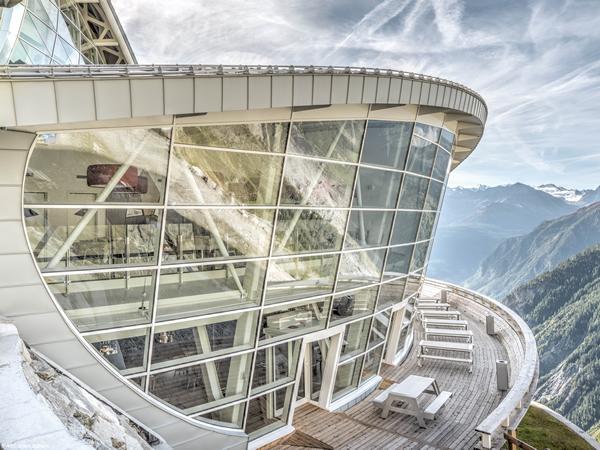Others also read
| For years and years research, development and discussions have been made on the safety of glass structures.
| Building code requirements for wind-borne debris protection have been in existence since the mid- 1990s, and as a result, many glazing systems have been tested and certified to these performance requirements.
| For nearly 50 years, glass has been used as structural elements in glass fin applications. These applications include interior and exterior projects, supporting facades, canopies, storefronts, curtain walls and skylights.
| Anisotropy is the term used in the façade industry to describe the manifestation of patterns and colourful areas in heat-treated glass under certain light and viewing conditions.
| Originally developed for glazing in hurricane zones, SentryGlas® ionoplast interlayers are significantly stiffer than standard PVBs such as Butacite®.
| Post breakage strength of glass is still an unknown area as analytical models for this are inconclusive so far and thus destructive testing is the only reliable solution.
| Latest Glastory blog by Jukka Immonen is dealing with the 5 promises of convection technology in windshield bending.
| The present paper presents an ongoing research project considering the failure of glass at high strain-rates. It provides a brief review of existing studies showing a strength increase with loading rates relevant for e.g. blast loads.
| In this work, a combined Voronoi and finite-discrete element method (FDEM) approach for reconstructing the post-fracture model of laminated glass (LG) was proposed.
| The load-bearing capacity of glass as a structural material as well as sustainability and resistance of a built-in glass against appearing loads and forces is assuming an ever-greater importance.
| This study forms part of a wider research programme that aims to better address the end-of-life challenges and opportunities in façade design for re-use.
| This paper presents the experimental results of a three-point bending test conducted on laminated glass at elevated temperature in an environmental chamber.
| The determination of interlayer modulus data is complex.
| Here, comparisons are made with numerical analyses, performed by implementing an ad hoc routine in the software Straus7, developed by Maffeis Engineering.
| The structural glass for this globe structure is created with laminated double curved glass panels patch supported by a steel structure.
| The post-breakage behavior of glass beams is not easy to predict, therefore Octatube performed a range of tests on different glass fins varying the test setup.
| The paper presents an overview of the work completed within the on-going research project “Structural safety of glass components” carried out at the Silesian University of Technology, Lund University and RISE Research Institutes of Sweden.
| High-performance interlayers add to the stability, design flexibility, and adaptability of architectural glass
| From domed skylights to curved handrails, revolving door enclosures to building enclosures, the dramatic curves of bent glass offer architectural form and function.
| The main goal of all fire-rated glass is to compartmentalize fire to enable safe exit. It is most commonly used around egress areas, property line walls, stairwells, and points of exit.
| Data-based business models are also becoming increasingly relevant to the glass industry.
| Some practical tips on how you can well maintain your laminating line and extend its longevity.
| Glaston is working hard to make tempering furnaces more automated.
| Held in Düsseldorf from 15 to 18 June 2021 glasstec will pick up on the latest glass trends related to shapes, formats and structures.
| That’s an excellent question! It really is true that SentryGlass is more difficult to laminate in many aspects than standard PVB. But if we first think of what SentryGlass has been designed for, it is to give structural strength to the laminate.


